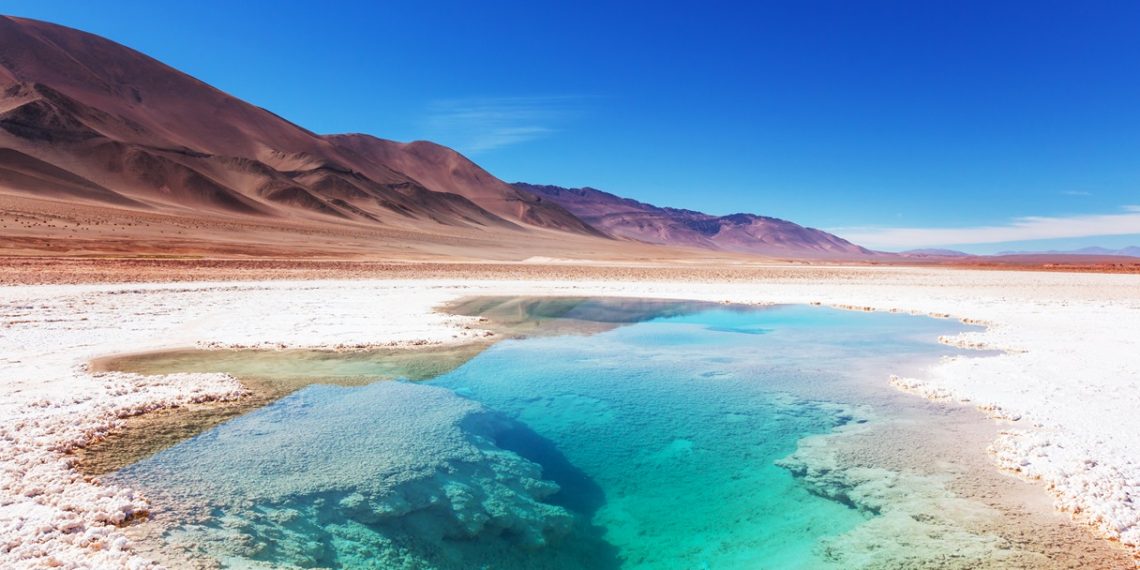Javier Milei’s victory in this month’s Argentine presidential election could be a major advancement for the nation’s mining sector if the new president is successful in his deregulation agenda.
After defeating his left-wing opponent Sergio Massa, Milei will now have a chance to implement his strategy reducing government and backtracking regulation to rectify Argentina’s economic crisis, in which inflation reached highs of 142.7% at the end of October, according to data from the Argentinian Central Bank.
“Even though businesses will continue to struggle with adverse macroeconomic conditions, at least in the first couple of years of the new administration, opportunities will offset risks in resource-rich sectors, like mining, which are key to bring in [much-needed] export dollars,” Marina Pera, an analyst at global risk consultancy Control Risks, told S&P Global Commodity Insights.
Participants are hopeful that the mining industry will benefit from Milei’s economy centred policies which include the removal of export taxes, increasing access to the foreign exchange market, and unifying Argentina’s multiple exchange rates.
Under the preceding government, headed by Alberto Fernandez, miners struggled with the nation’s complex foreign currency exchanges. Argentina’s currency exchange controls slowed foreign currency reserve outflows, resulting in a thriving black market for US dollars, and a confusing web of legal exchanges that industry leaders say hinder foreign investment.
However, Milei has pledged to eliminate capital controls and create a more transparent and liquid foreign exchange market, an “enormous pain” for Argentina based miners, as reported by Commodity Insights during Benchmark Week 2023.
“Volatility from the chaotic exchange system meant all of a sudden, your US$100M is worth US$50M. … You can’t do business in a country like that,” commented Carlos Vicens, CEO of Full Circle Lithium Corp.
The mining sector has also seen strict controls on bringing in capital equipment to the country, for example, mining machinery. Argentina currently has an 8% export tax on mining products and a challenging import tax on capital goods, pushing foreign companies towards local suppliers, both of which Milei has vowed to remove.
Argentina is home to the largest lithium reserves, yet it ranked fourth globally behind Australia, Chile, and China, producing only 35,046 metric tons in 2022, data from S&P Global Market Intelligence shows.
Commentators have noted that if Milei is to implement his bold aim of dollarization, commodity producers would likely increase exports immediately and begin earning in dollars instead of the weaker peso.
However, skeptics believe that his commodity policies could be difficult to implement due to his lack of support at the federal and provincial levels — Milei’s right-wing La Libertad Avanza party is in the minority in both chambers of Argentina’s legislature. Milei has already backpedaled on some radical policies, like his push to privatize oil and gas production in the Vaca Muerta, the largest shale play in the country, due to his lack of power at provincial levels.
Benjamin Gedan, director of the Latin America Programme at the Wilson Centre, a nonpartisan think tank, remains optimistic for commodity producers under Milei’s government, “The [lithium] industry could attract even more capital should Argentina’s new authorities eliminate capital controls.”
Gedan added, “A more stable economic climate would make it easier for energy companies to operate, including by lowering the cost of borrowing for projects in Vaca Muerta.”












